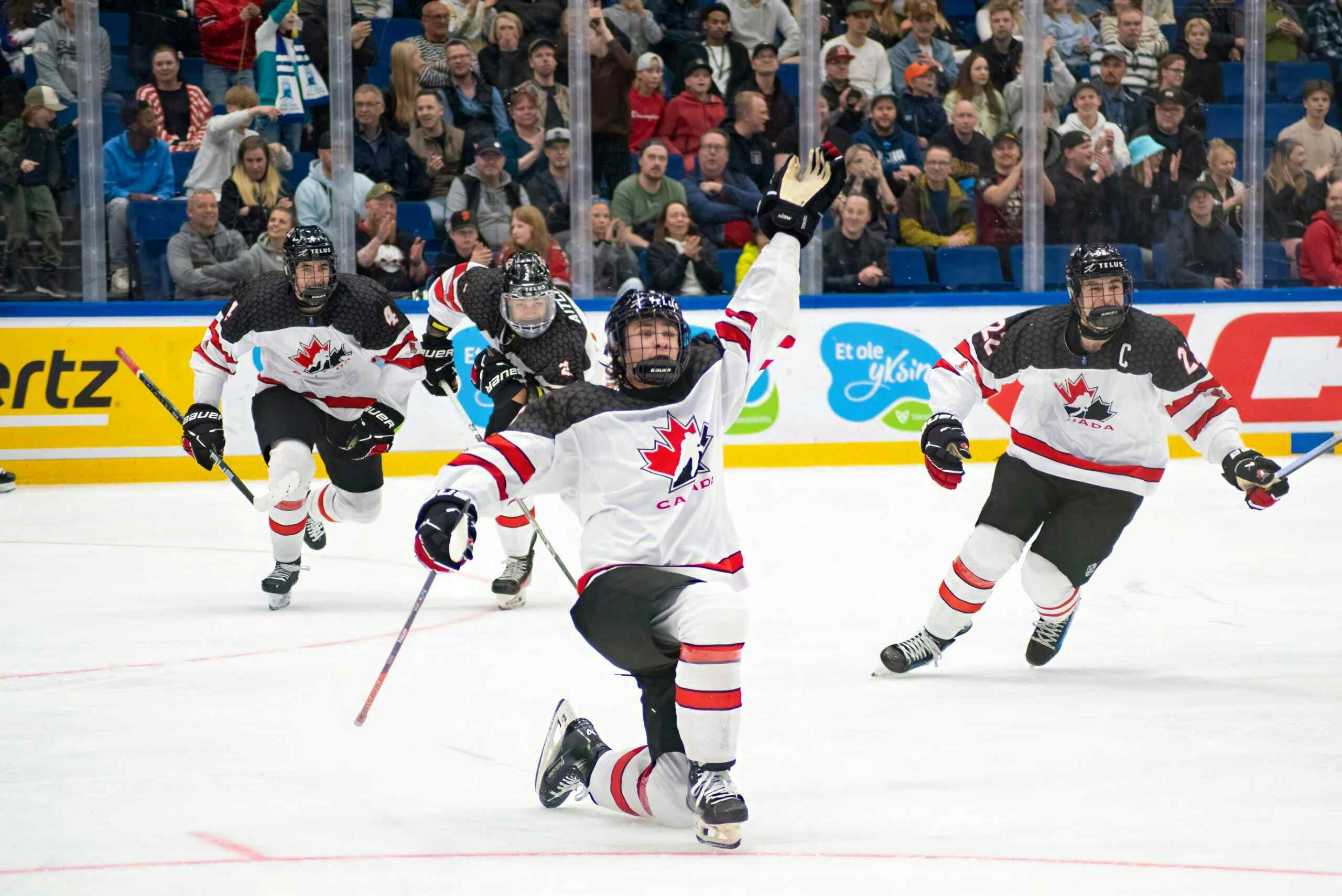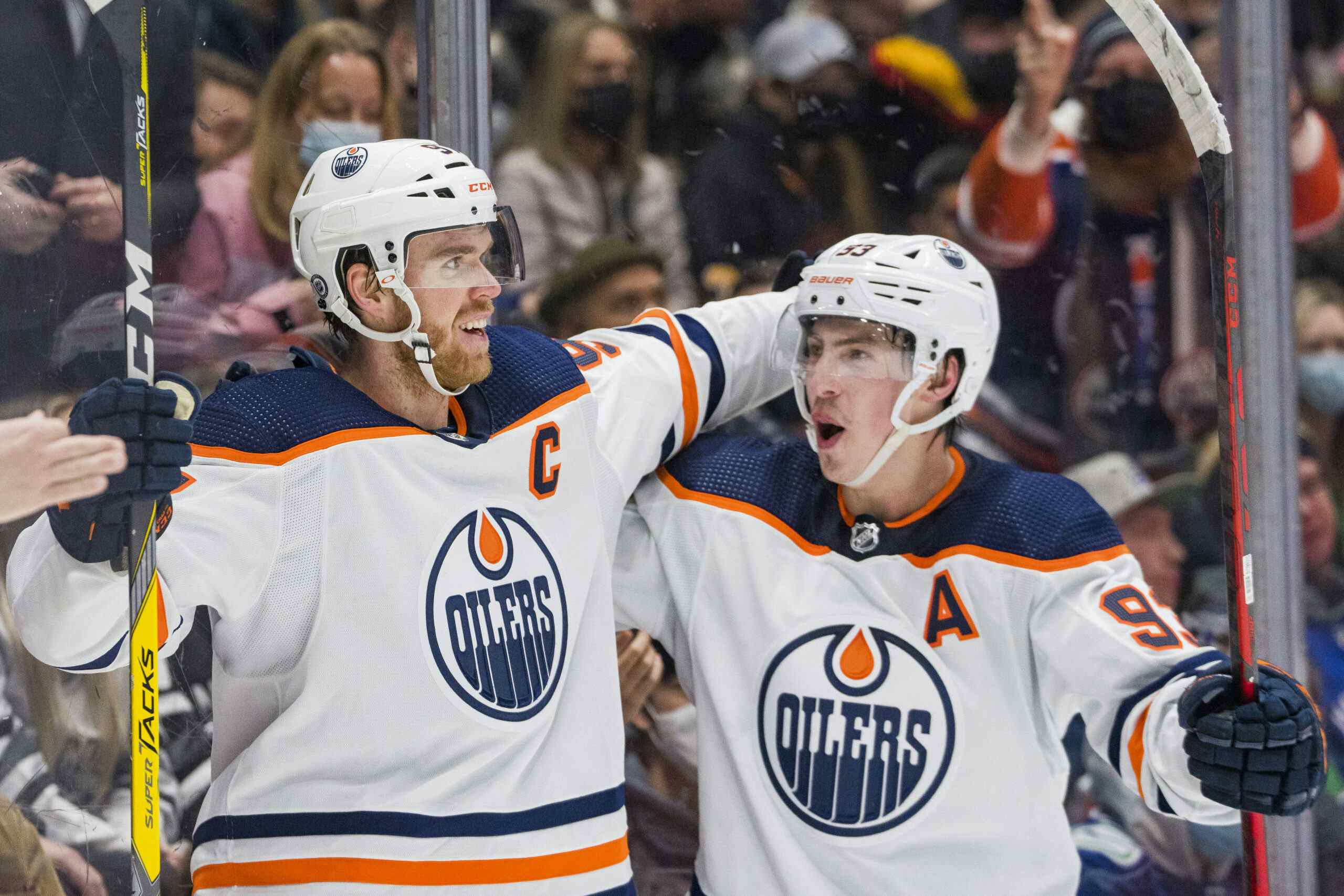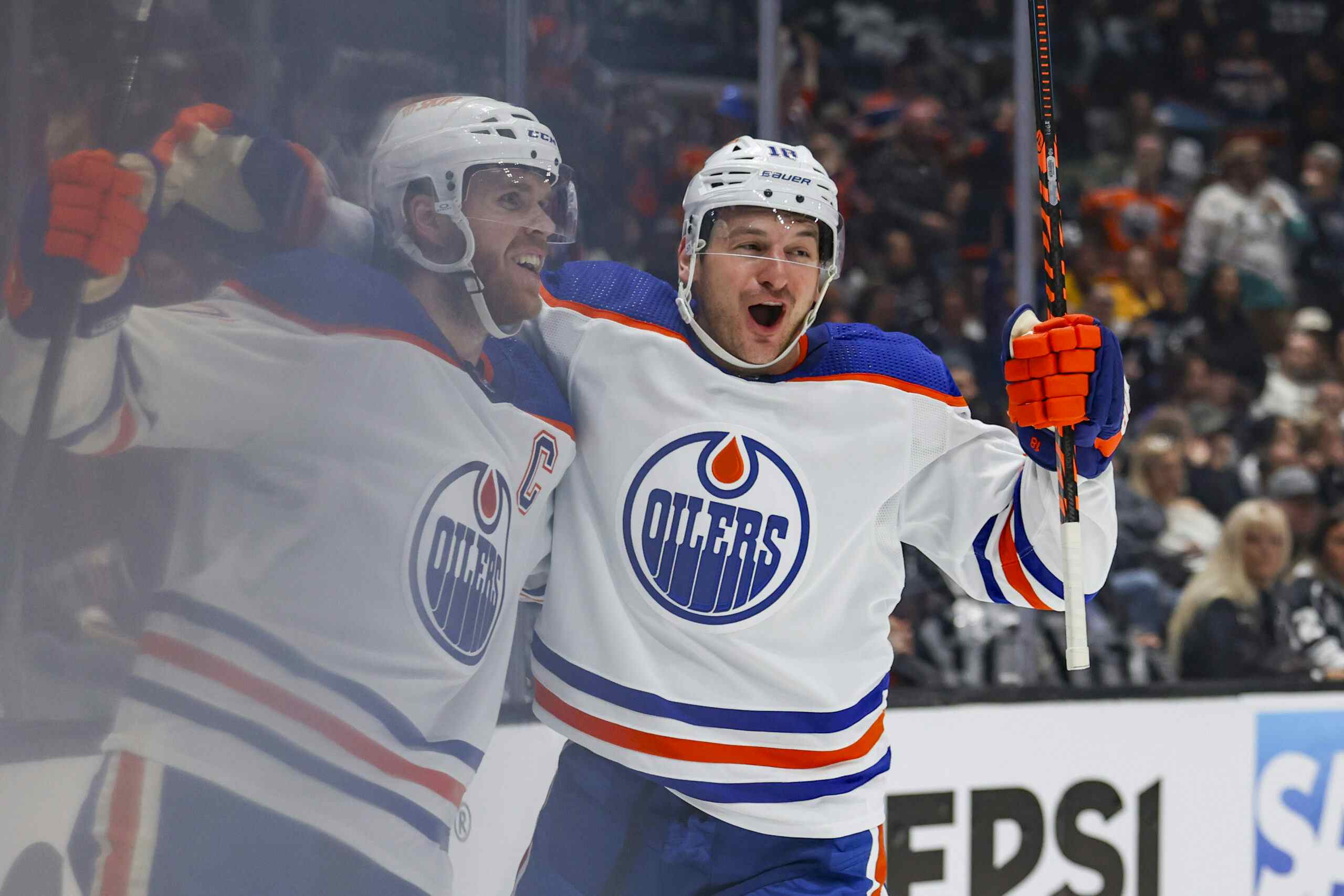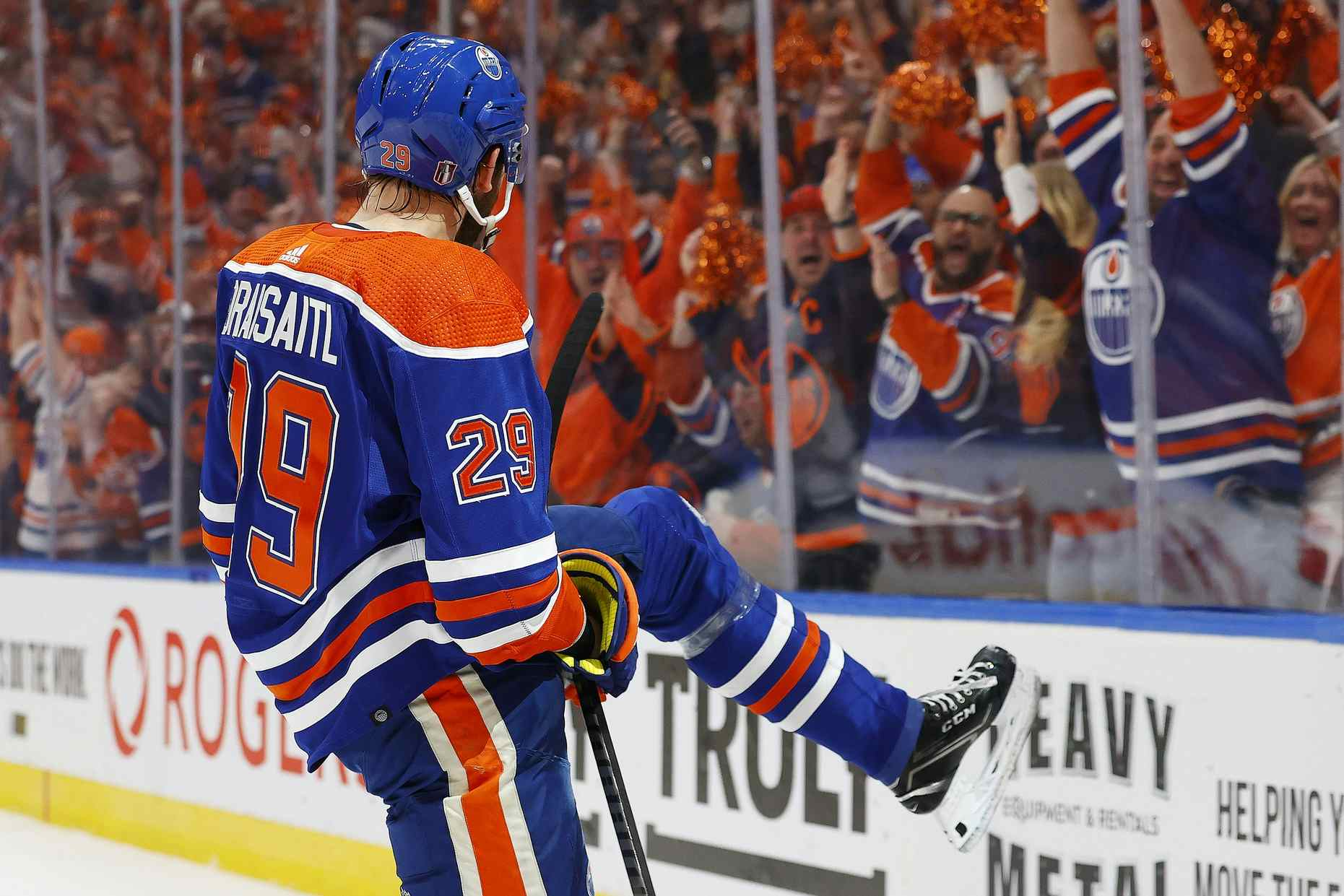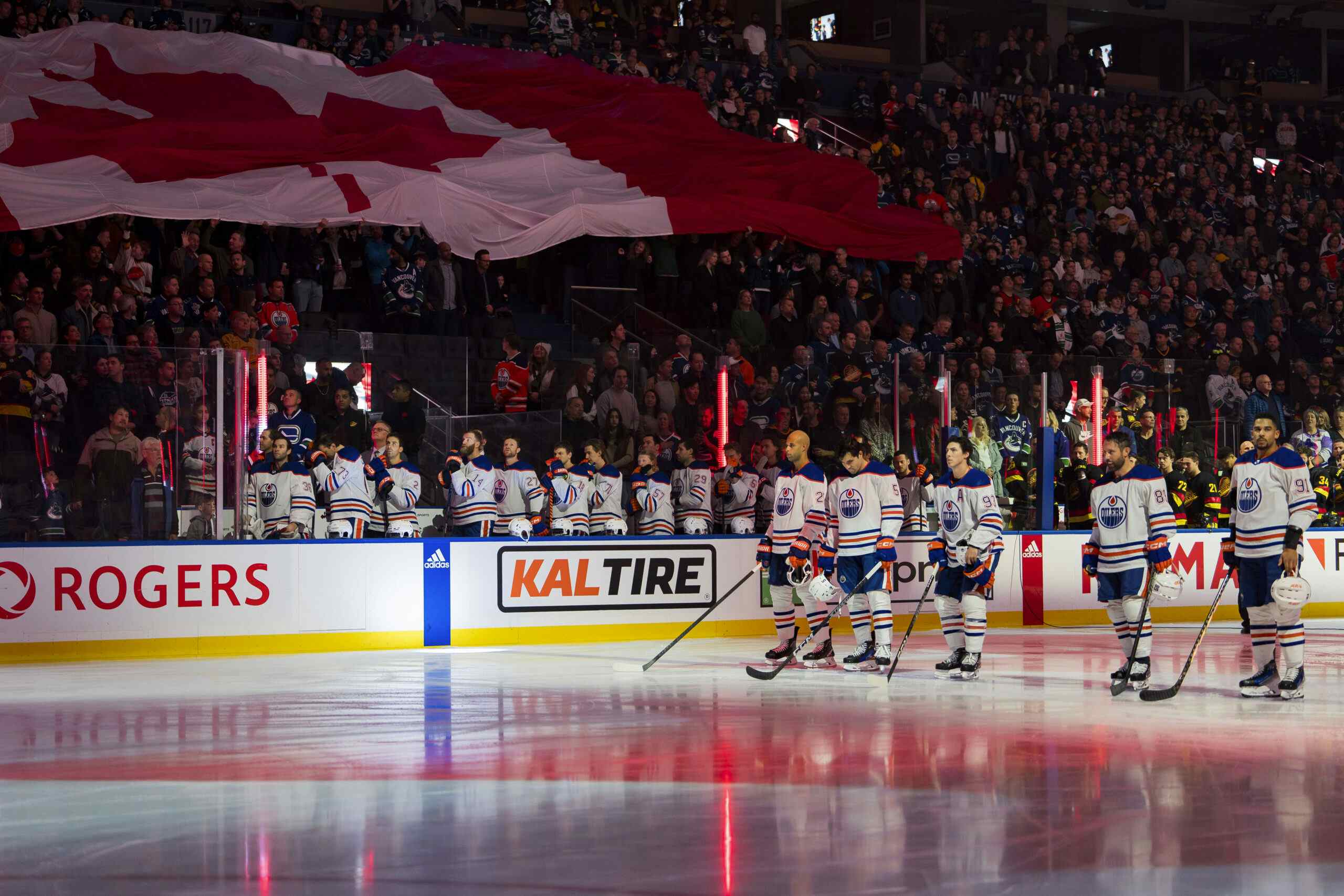The Rebuild Conundrum, Part II
Yesterday, we looked at the difficulties with assuming that a lottery pick is a magic bullet that fixes a team’s problems. Because there’s so much more to building a team than just finding a superstar and then glomming random players around him, a bad general manager can make even the greatest pick almost completely irrelevant.
The problem is that the kind of managers who see their teams fall into a position to make a lottery pick are generally the same kind of managers who have that sort of reverse-Midas touch.
The Oilers didn’t spend their season preparing to tank. Steve Tambellini didn’t come back after a year of assessing and say, “we need to blow this roster up.” No, he came back and said he didn’t like the culture of the team and he didn’t like the lack of grit, and he addressed those things by firing Craig MacTavish and bringing in Pat Quinn, who in turn stuck J-F Jacques on the first line.
I’ve been over Tambellini’s summer time and again, and I won’t go into detail here. He did a bad job, and we all know it. He didn’t address holes in the lineup, he put too much emphasis on the coaching change, and he signed an aging, injury-prone goaltender coming off his first good season in four years to a four year contract, and did it with an unproven backup. While he was stuck on culture, tangible problems – like the penalty kill, and the team’s imbalance up front and on the back end – went completely unaddressed.
Now, there are indications it perhaps wasn’t entirely his fault. We know that owner Daryl Katz has meddled in the past, including an attempt to sign Georges Laraque to a four-year deal. Thankfully, Laraque wanted to play in front of his mother, and thus signed in Montreal, where things have gone disastrously. We also know that Kevin Lowe gave him a fairly tough place to start, signing disappointing veterans to long-term, big-money deals. We know that the Oilers AHL affiliate has been a black hole under assistant general manager Kevin Prendergast. We also have reason to suspect that cap guru Rick Olczyk may not understand NHL waiver rules.
There is plenty of blame to go around at this point. But before I buy into the notion that a rebuild will fix this team’s problems, I want to see blood*. And not this guy’s blood:
Despite two seasons of diminishing returns, the only people in the Oilers organization to pay a price for failure have been the coaches. With the exception of Kelly Buchberger and Rob Daum (who already spent some time floating in limbo), the coaching staff has been gutted: at the NHL level, the AHL level and the ECHL level. It hasn’t made a positive difference, and it’s possible to argue that it has in fact made things worse. Aside from those sacrificial lambs, the only other thing I’ve seen to suggest that the Oilers are making changes to adjust for managerial incompetence are the constant revisions of when Steve Tambellini took full control of the team – originally when he was hired, then at the 2009 trade deadline, then in the summer of 2009 and finally back in January.
Suffice to say that despite incredible managerial incompetence, the managers remain safely employed. That needs to change this summer.
I don’t want to see superficial change, either. I expect the team will elect Kevin Prendergast as the next scapegoat; the AHL performance has been poor, there are some unfortunate draft picks that can be pointed to, he wasn’t hired by Steve Tambellini and there were whispers that he was going to get fired last summer.
The changes cannot stop there. Whatever Prendergast’s faults, he isn’t the one who put together this edition of the Oilers. He didn’t hang a bunch of contractual millstones around the neck of the team. He didn’t sign Nikolai Khabibulin without looking into his dehydration issues or injury record.
The blame here falls on Kevin Lowe and Steve Tambellini. Every decision made by this team since the summer of 2006 can be traced back to one of those two men. Lowe made a bunch of them, but was allowed to jump above the fray and bring in Tambellini. Tambellini has continued in the same vein, all the while talking about what an asset Lowe is as a source of counsel.
There’s been a lot of talk about the need for change. It’s one of the items that was pointed to by people who believed MacTavish was a good coach but still wanted him gone. It’s been used by both fans and the general manager to justify the Grebeshkov trade – he may not have been the problem, but what the Oilers had wasn’t getting the job done.
Personally, I agree that there’s a need for change. But I don’t see any reason to believe that this change should be confined to the lower and middle ranks of the organization, because I don’t see any reason to believe that the majority of problems are coming from anywhere other than the top. My personal solution goes something like this:
The Oilers organization has the option of treating either the symptoms of the disease or the disease itself. The scorched earth rebuilding model should do a fine job of removing the symptoms, given enough time, but if the disease stems from the top then no amount of turnover among the players, coaches, scouting staff or low-level managers is going to eradicate it. The only way to end bad management is to bring in different managers.
I don’t see that happening, and that’s why I remain gloomy about the Oilers future despite the likelihood that they’ll attempt a proper rebuild.
*metaphorical blood, not literal blood. I’d hoped that was obvious but felt I’d better clarify.
Recent articles from Jonathan Willis


